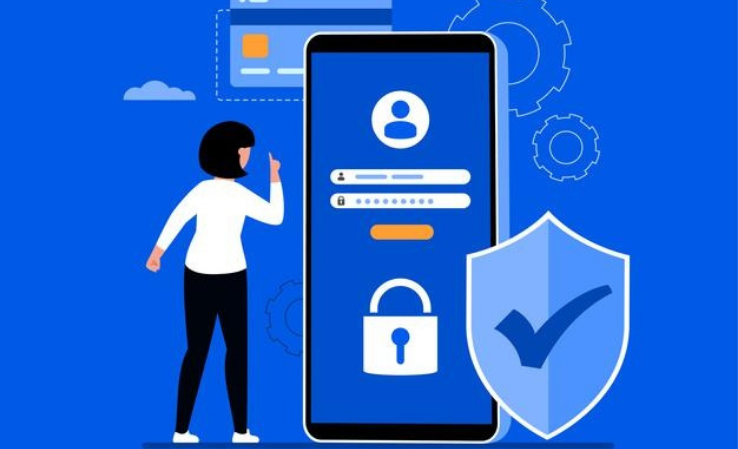A complete understanding of security risk is more essential than ever. To properly assess risk, IT professionals need visibility and data on the effectiveness of their security posture. As a result, CISOs and their teams need advanced methods of measuring their current security posture. The key is security validation technology.
What is Security Validation Technology?
Security validation provides you with visibility and performance data to report on your organization’s security posture and overall competency. This cybersecurity technique allows businesses to get an exhaustive report on what could happen if they suffer a cyber-attack. This also helps companies figure out if the existing security implemented is efficient, and it gives the company all the data it needs in case of a security breach.
Since the risk of a cyberattack or data breach is at an all-time high and will continue to get worse, operating without proof of IT security effectiveness is unfathomable. Here are 5 things you can do to improve your security posture.
1. Implement VaaS (Validation-as-a-Service)
As security threats mount, a traditional in-house security team may no longer be the most cost-effective solution. Security technology is rapidly evolving. Knowledge of, and access to, the latest security software technology is crucial for cost-effective management. The trend toward VaaS is expected to continue, especially as flexible workforces become a fixture of corporate life. Regardless of who does your security validation, internal resources, MSP, or consultant, VaaS simplifies and streamlines IT security. VaaS also frees up IT personnel to deal with other concerns such as reacting to alerts or granting employee access to apps and resources.
2. Quantify Security Effectiveness
With cyberassaults on the rise and security expenditures under scrutiny, CISOs are under pressure to provide measurable evidence of cybersecurity policy cost-effectiveness. Continuous security validation allows CISOs to assess whether an organization’s security performance is improving or worsening and from there, they can plan the right course of action.
3. Security Automation and Education
To remain competitive over the long run, companies must focus on high-value strategic initiatives and automate mundane tasks. Security validation technology has helped CISOs automate repetitive tasks, and this lowers costs while improving results. Traditional measures often detect vulnerabilities too late to effectively find and fix them before causing costly delays, or worse, putting organizations at risk for potential security breaches. To minimize security-related costs and risks, one needs to test regularly, sooner, and more frequently.
4. Cloud Verification
With more remote workers than ever before, giving each worker the right level of access is either a competitive strength or a strategic risk. In this evolving business environment, it is important to know if cloud security is operating well and is being properly monitored. Cloud service providers are responsible for the security of their products, but that’s where their responsibility ends. Security professionals must parcel out access to the right people. Cloud security has always been critically important, but will become even more so in the near future.
5. Validation Based on Intelligence
‘Intelligence,’ whether national security, intellectual property, or customer data, is critical to safeguard a network, facility, or nation. Security validation identifies the most likely threats and assesses the effectiveness of current controls fighting against them. As cyberattacks increase in both volume and boldness, security validation informed by timely, actionable intelligence will play a critical role in the ongoing detection and response efforts for organizations.
* * *
Software solutions like those offered by SureShield help organizations maintain compliance, identify and fix security vulnerabilities, monitor the dark web for breached data, and track data movement by employees, consultants, and vendors. SureShield products continuously scan servers and endpoints for vulnerabilities and when identified, they assess potential impact and offer prioritized remediation guidance.
For more about SecurityShield from SureShield, read how to build a vulnerability management program.

